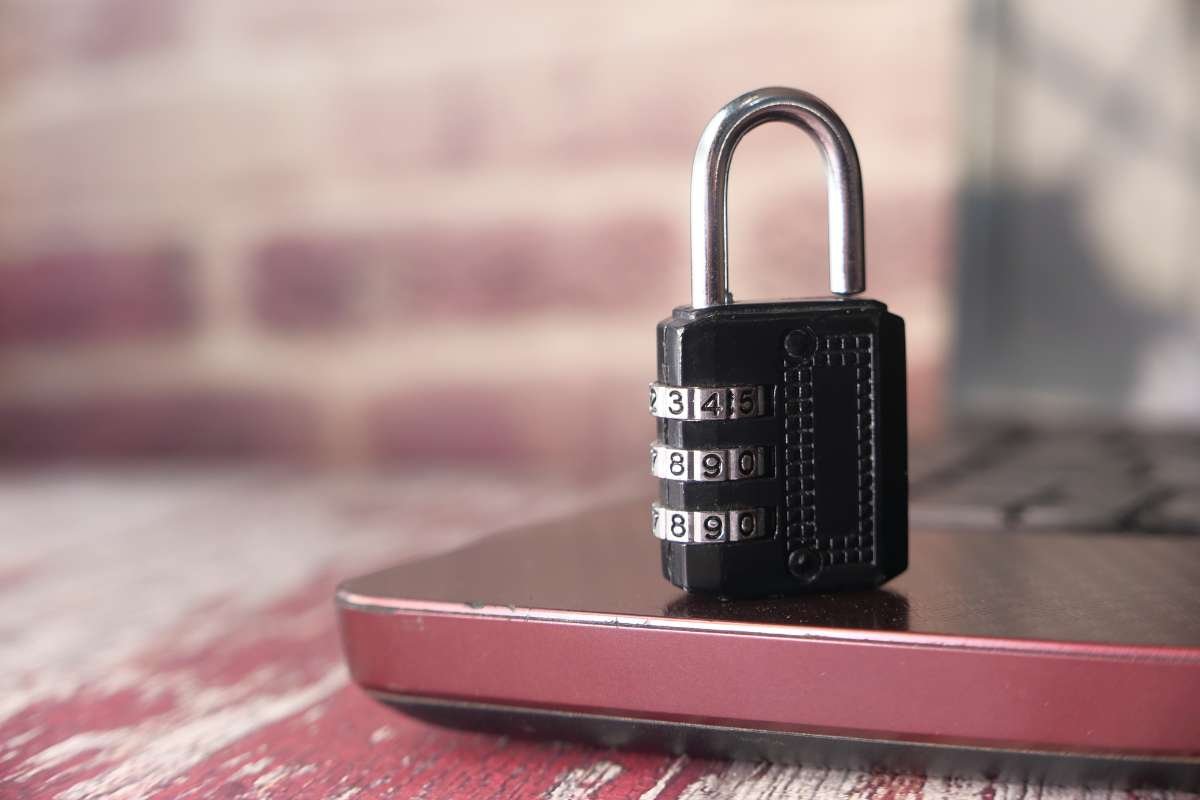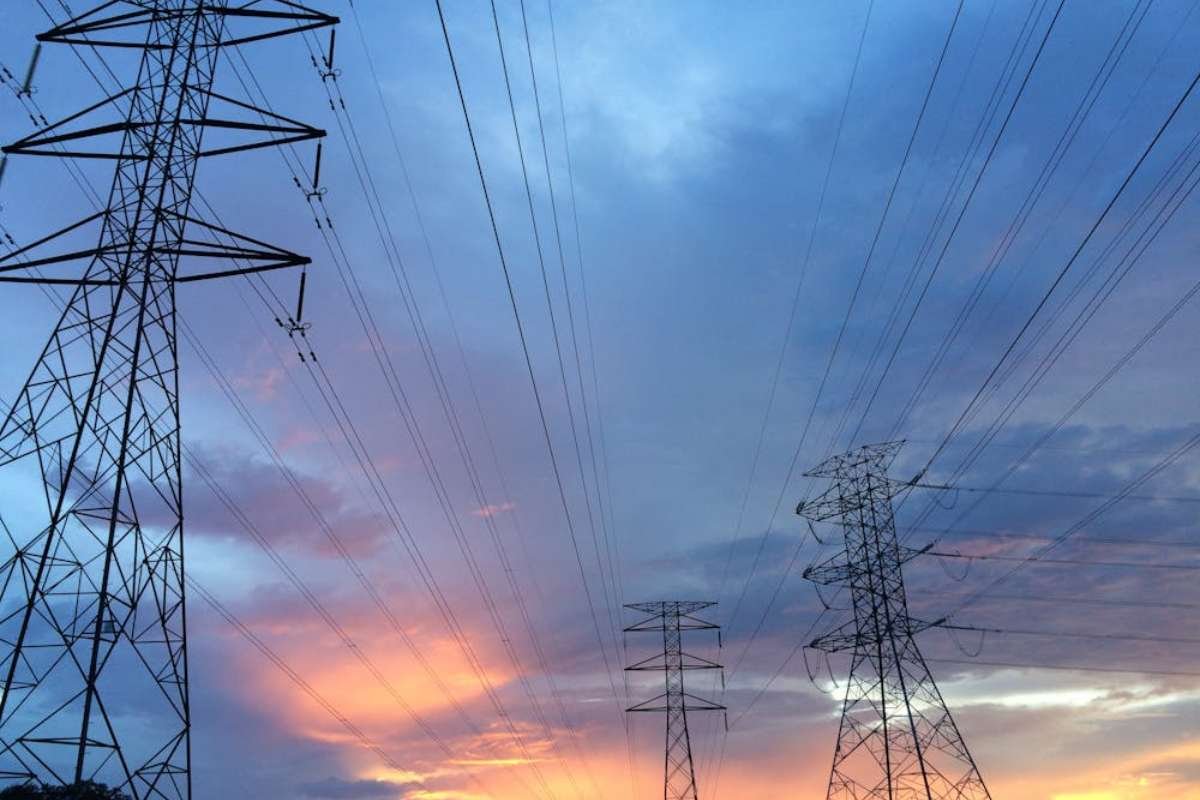A business power outage can disrupt operations instantly, they can lead to lost revenue, reduced productivity and even compromised safety.
Whether the outage itself has been caused by extreme weather, equipment failure or issues with a pole mounted transformer, your business has to be prepared to act swiftly and strategically to minimise the impact. Let’s take a closer look at how your business should handle a power outage effectively so that you don’t have to worry about business interruptions.
Handling a power outage: key strategies for businesses
1. Have a response plan in place
Preparation is always crucial for a business power outage. Your business should have a documented emergency response plan that is tailored specifically to power outages, and this should include step-by-step instructions for safely shutting down critical equipment. It should also include instructions for contacting utility providers and communicating with employees. Assign roles to specific staff members so everyone knows who’s responsible for what, and always perform regular drills and training sessions so that you can ensure that your team is ready when an outage happens.
2. Have a backup power solution in place
A reliable backup power system, such as an uninterruptible power supply or a generator can keep your essential systems running during an outage. For businesses that rely on refrigeration, data centers, or customer-facing systems like point of sale terminals, even a few minutes of downtime can cost a lot of money. An uninterruptible power supply can buy you time to save work and shut systems down properly, while a generator can keep the business moving.
3. Communicate your message to your employees and your customers
During a business power outage, keeping everyone informed is essential. Your employees should be notified immediately using pre-established communication channels that are in your backup plan. These can include text alerts or messaging apps. Provide updates on the expected duration of the outage, any safety instructions to be aware of and whether they should remain on site or go home. If your business is servicing customers directly, update your website and social media platforms to let them know about any changes in hours or availability.
4. Protect your data and equipment

Power outages are risky when it comes to data loss or hardware damage. You need to ensure that your business uses automatic data backup systems that run frequently, ideally to secure cloud locations.You can put surge protectors and voltage regulators in place that can prevent damage from sudden power restoration. In sensitive industries like healthcare or finance, even a short interruption can lead to compliance issues, so data integrity must be a priority.
A power outage is never convenient when it comes to business, but with the right preparation and a response strategy in place, your business can weather the storm quite literally and figuratively. From ensuring data protection to maintaining employee and customer trust, taking practice steps will save you from a much bigger headache down the road. You shouldn’t wait until the lights go out to realise that you need a plan. Start building one now.








